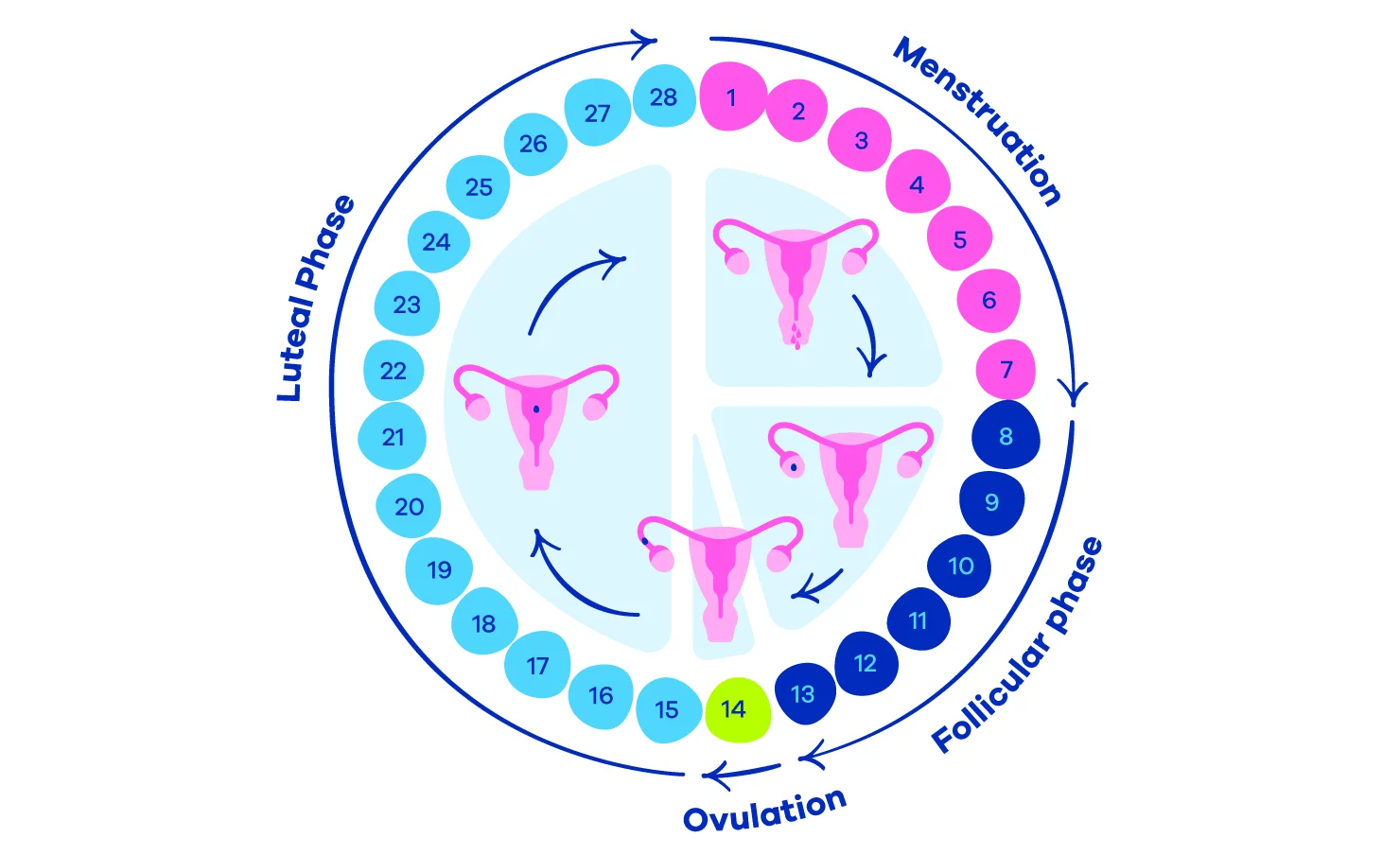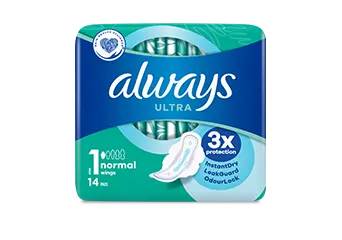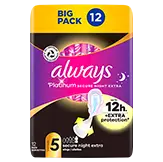
How Long Does A Period Last?


All content within this page has been reviewed by
Dr Tariq Miskry, Consultant Gynaecologist & Obstetrician





How many days are in a period varies from girl to girl.
Knowing how long a period lasts can help you plan ahead and be prepared. The general average is from three to five days, but some girls get their period for just two days (lucky them!), and some bleed for seven days.
If your period is a little shorter or a little longer than average, don’t worry! If your friend’s period is longer or shorter than yours – also, don’t worry! It’s all perfectly normal.
These small differences between our bodies are part of what makes each of us an individual – kind of like having blue or green eyes. There’s nothing you can do to change the number of days in your period. It’s just your body’s way of being its own unique self.



Will my periods become more regular?
In general – your periods tend to become more regular about a year or so after you’ve started menstruating – meaning that they’ll start coming about the same number of days apart each month.
Once your monthly cycle becomes regular, you’ll notice that your period tends to last the same number of days each month, as well.





Why is it important to note how long my period lasts?
Knowing how long your period lasts can be helpful. That way, you won’t be playing a is-my-period-still-here guessing game each morning when you wake up.
Knowing how long your period lasts can also help you plan ahead. If you know your period is due to last for a few more days, you can toss a few extra Always Ultra pads in your school bag or stock up on some Tampax if you’re planning a trip to the beach in the middle of your period.
Knowing how long your period normally lasts can also help you determine whether the blood in your knickers is your period, spotting or something a little more abnormal.



Is spotting normal?
A lot of girls experience spotting on the days leading up to their period or in the middle of their menstrual cycle, during ovulation.
Both of these are perfectly normal and are caused by the fluctuating hormones in your body.
So, in addition to knowing how many days should be in your period, knowing when your period is expected to arrive can also help you make the distinction between menstruation and spotting.
If spotting is happening often or unpredictably, you might want to check with a doctor.



How do you manage spotting?

On days you experience spotting, you may wear pantyliners for protection. Pantyliners are much thinner than pads, but still absorb liquids and odours, keeping your knickers clean and stain-free.
Always Dailies liners are great because they are thin and flexible, so they move with your body movements for protection that you’ll barely feel.
During period you definitely need an easy to use and effective protection from leakage through the day. That's why period pads Always Platinum are designed with your comfort in mind: soft wings will keep pad in place without irritating your skin, the 3D LeakGuard protective barriers prevent side leakages and soft micro-cushions provide great absorbency so you can always feel protected.




